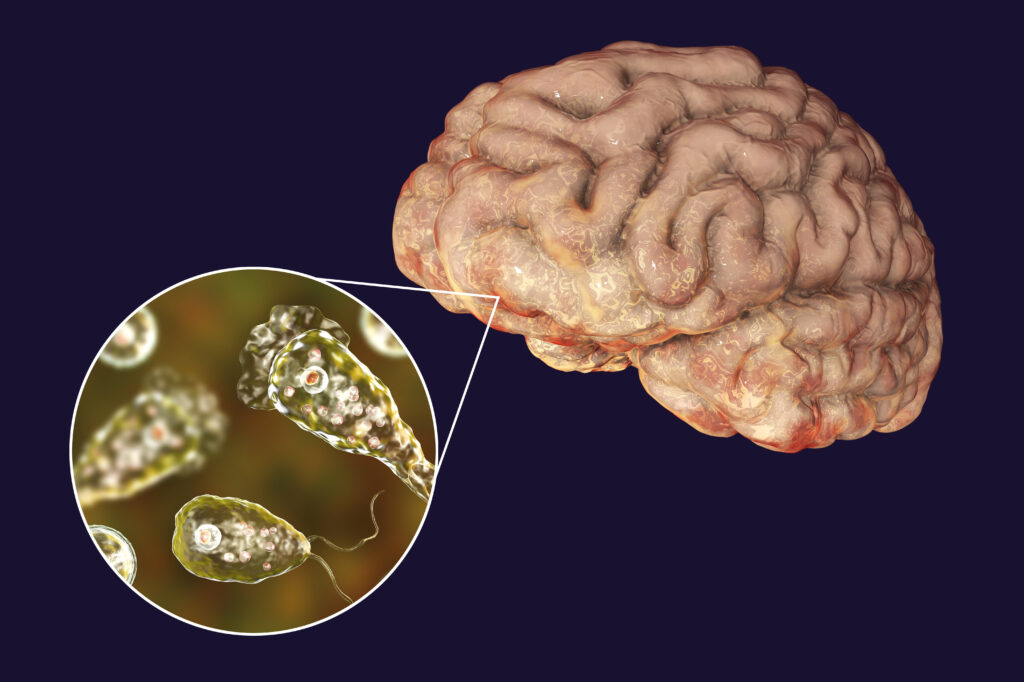
Introduction
The brain eating amoeba, known scientifically as Naegleria fowleri, has become an increasingly important public health topic in Canada following a rise in reported cases. This parasite, found in warm freshwater environments, can cause a rare but fatal brain infection known as primary amoebic meningoencephalitis (PAM). Understanding the risks and safety precautions is crucial for Canadians as these infections can occur during recreational water activities.
Recent Events and Cases
In recent months, public health officials have been on alert due to several confirmed cases of PAM in Canada. While these cases remain rare, experts underscore the importance of awareness, particularly in warmer months when people are more likely to come into contact with freshwater lakes or hot springs. According to Health Canada, there has been a notable increase in monitoring and educational outreach to inform the public about the amoeba’s presence in natural water bodies.
The infection typically occurs when water contaminated with the amoeba enters the body through the nose, often while swimming or diving. Symptoms can occur within 1-9 days of exposure and may include severe headaches, fever, nausea, vomiting, and a stiff neck. As the disease progresses, it can lead to seizures and coma, ultimately resulting in death. The CDC estimates that the mortality rate for PAM may be over 97%, making it vital for individuals to take precautions.
Precautions and Recommendations
Health experts recommend several safety measures to reduce the risk of infection. First, avoid swimming in warm freshwater bodies, especially during warm weather. If swimming is unavoidable, one should use nose clips or hold their nose shut while in the water. Additionally, people are advised not to submerge their heads in warm, untreated waters, and to ensure that water entering the nose during such activities is minimized.
Local health departments are also emphasizing the importance of public awareness campaigns. Classes and workshops have been initiated to educate swimmers about the potential hazards and the symptoms to look out for, thus promoting vigilance when using freshwater environments.
Conclusion
The risks posed by the brain eating amoeba remain significant yet preventable with public awareness and education. As people in Canada continue to engage in outdoor water activities, the emphasis on understanding the risks, recognizing symptoms, and following safety precautions will be essential in preventing infections. With the right information and preparedness, Canadians can continue to enjoy their natural water experiences safely, while minimizing the risks associated with this dangerous parasite.



